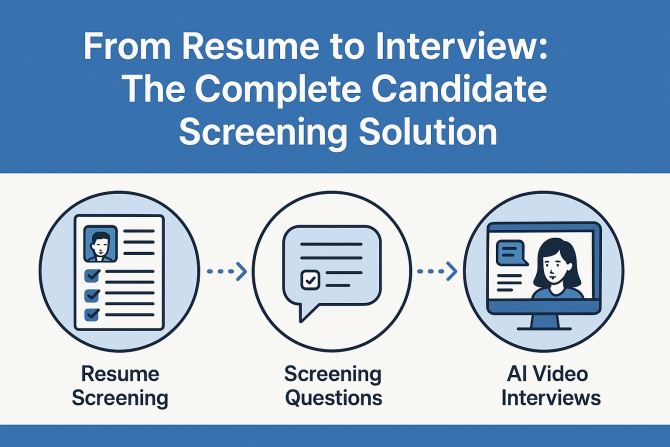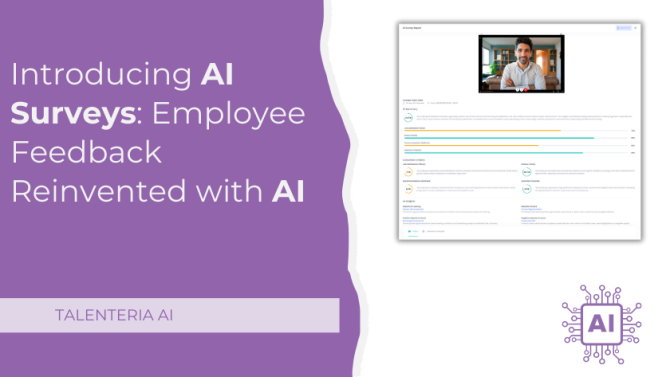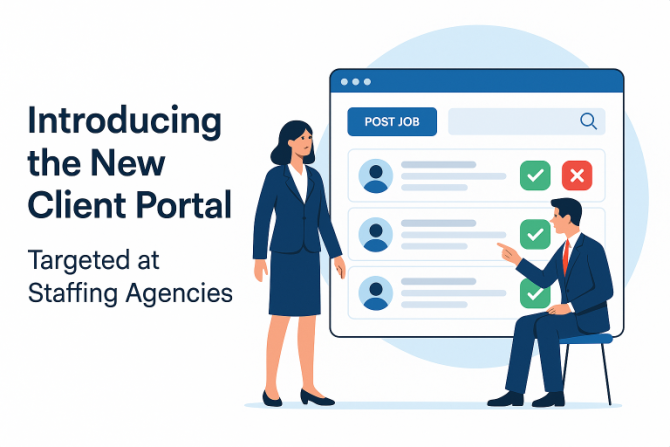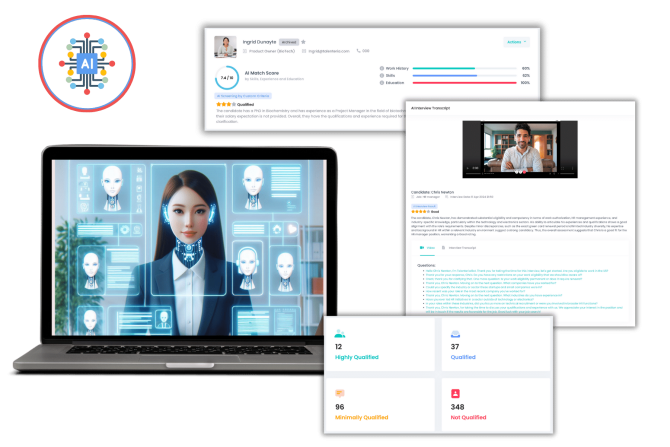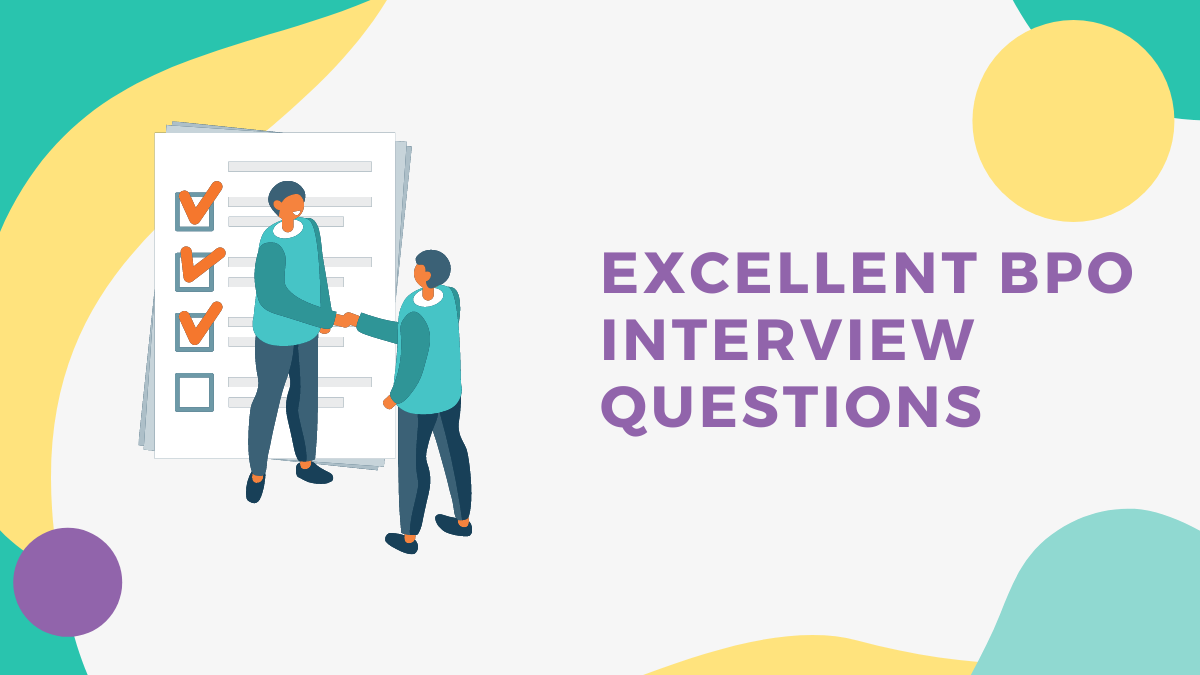
The business process outsourcing (BPO) industry is currently one of the largest sectors providing job seekers with careers, especially fresh graduates. For an employer, BPO is an excellent way to boost their business through outsourcing promising applicants.
To properly filter and get the best candidate for your company, you must structure an interview that’ll help assess the applicants’ skills and qualifications. This article will discuss the different phases and divisions of a BPO interview to guide you in selecting applicants befitting your company’s goals.
Different Phases of a BPO Interview
The interview process can be divided into phases or rounds to assess each applicant better. You can follow these rounds when doing a BPO interview:
- Phone or Call Interview
- Aptitude Exam
- Computer Proficiency Assessment
- Group Discussion
- Personal or One-on-One Interview
Since BPO requires excellent communication and computer literacy, it's critical to evaluate those skills in the process.
Top Business Process Outsourcing Interview Questions to Ask
Below are the top BPO questions you can ask for each topic, accompanied by their corresponding appropriate answers:
BPO Interview Questions Regarding Field Knowledge
These are usually technical questions about the fundamentals of business process outsourcing and will help you pick applicants who have enough knowledge about the processes your company requires.
1. What is BPO? How does it work?
Appropriate answers to this question must revolve around what it stands for - business process outsourcing. BPO gives companies the advantage of hiring other expert companies to save costs and increase efficiency. The applicant must know how the industry works and tailor the answer to your company’s processes to show their interest.
2. What's the relationship between a call center and BPO?
There are still some who are confused between the two and often interchange them. However, your applicant should know that they're not the same. Although BPO is customer service-oriented, a call center is only a subset of it.
3. What are the types of BPO? How do they differ from one another?
Answers must only be these departments and based on these specific purposes:
- Call Center - deals with customer service.
- Selling - focuses on promotion, growth, and customer retention.
- Administrative - supervises and ensures information is communicated correctly.
- Back Office - deals with management tasks and ensures data are accurate.
- Purchase - manages needed production equipment and supply of products.
4. What's the difference between voice and non-voice BPO?
You may receive broad answers, but it all must boil down to the primary purpose of the two. Voice-based BPO involves directly communicating and talking with customers about their queries and the products, or it can be about sales and support. Meanwhile, non-voice focuses on sourcing knowledge and data for other processes and can be data entry jobs or others.
5. What's your understanding of inbound and outbound calls or processes?
There are only two specific answers: Inbound calls are received on behalf of the client, while outbound calls are made on behalf of the client.
BPO and HR Questions
HR questions help you know the stance of the applicants regarding the company and the position they're applying to. It also helps predict their future productivity.
1. Tell us something about yourself.
Although it isn't technically a question, it's good to request the applicant to introduce themselves. Not only can it lighten the stressful mood, but it can also help you assess their communication skills and their way of speaking since these are essential factors when working in BPO.
2. What are your strengths and weaknesses?
This is a common but essential interview question. You need to determine what relevant skills or strengths the applicant can offer and if their weaknesses can significantly affect their performance if ever they get the job.
3. Can you work on different shifts?
If the applicant is from a different country, it's most likely that the time zones are different, so it means they have to work on different shifts. Regard the people who can work on different shifts without any problem while also taking note of the reasons of those who can't.
4. Why should we hire you?
This is you giving them a chance to voice out their skills and attitude towards the job. Moreover, you can use this question to determine whether their reasons and attributes match the sense and role of the position.
5. Where do you see yourself three (or any number of) years from now?
This tricky question can tell you whether the applicant sees a positive future with your business rather than something else. You’ll also be able to assess if they'll keep the job for long.
BPO Questions About Personal Interests
These questions will help you gauge an applicant's work ethic and how they'll fit in your company's dynamics. An applicant who shares your company's objectives is also most likely to stay longer.
1. Why are you interested in working at a BPO company?
Applicants shouldn't simply answer because they want to. You have to know whether they are aware of the current status and opportunities in the industry. Moreover, a good answer would be about how they want to grow with your company. Focus on answers based on statistical data and facts more than imaginative and vague ones.
2. Are you comfortable handling customers over the phone?
You have to know if they can talk to customers on the phone, especially for call center positions. The applicant must be comfortable and confident that they can handle different customers and solve their queries professionally.
3. Do you have any questions for us?
Not only is it a way to clarify things to the applicant, but it's also a way to gauge if the applicant is actually interested in the job and the company.
Dividing questions into these categories will help you organize and understand whether the applicant's answers are connected to the topics or not.
Additional Tips for Handling BPO Recruitment
Aside from the interview process, which is all about BPO questions, outsourcing involves more procedures you need to manage. A better way to handle this process is to acquire technological help to oversee the whole recruitment process. At Talenteria, our recruitment marketing platform can assist you in creating a more organized way of reaching applicants, evaluating them, and handling essential data.



